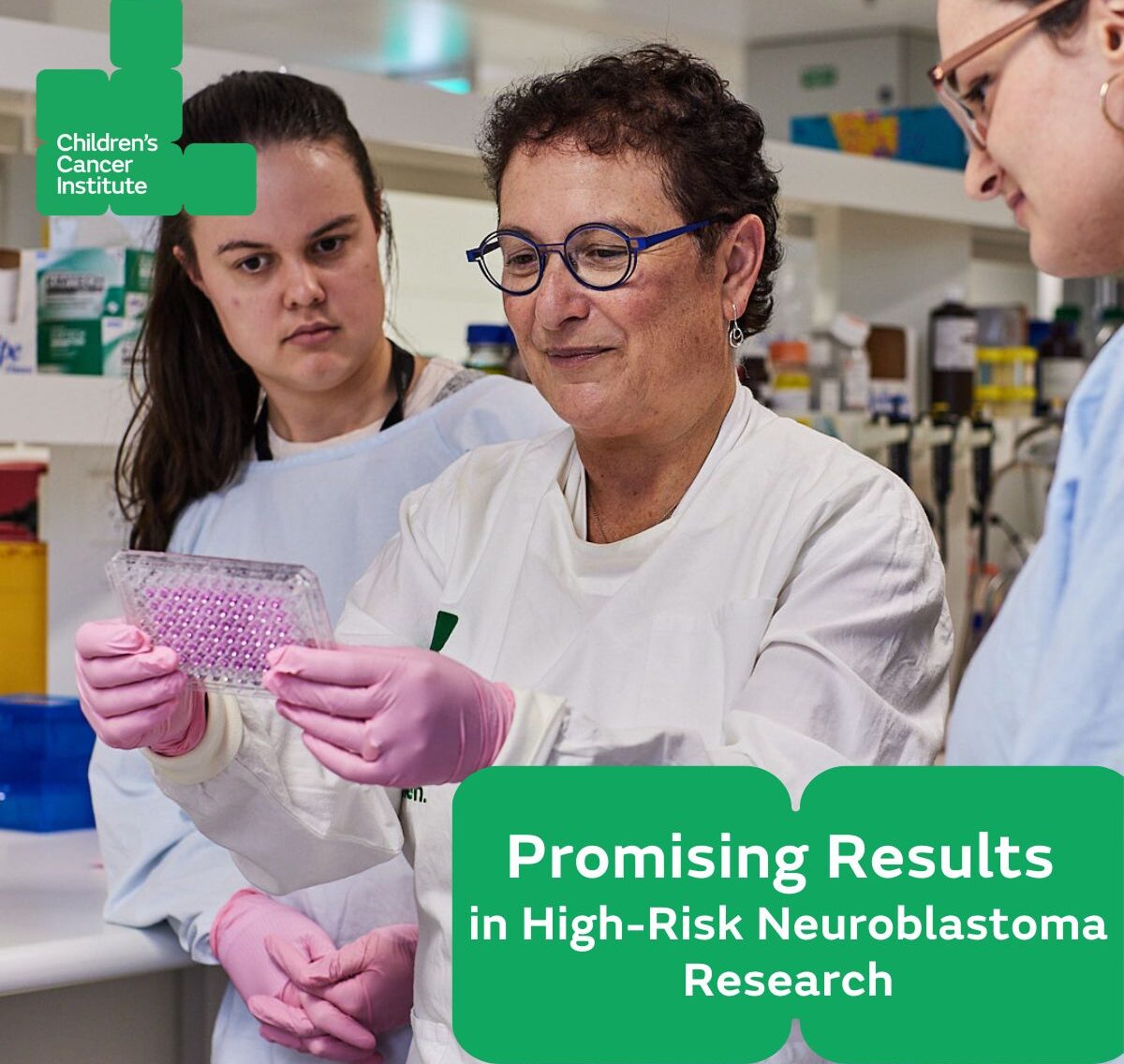Children’s Cancer Institute shared a post on LinkedIn:
“Australian researchers are looking to nanotechnology for a new approach to treating children with cancer — one that is not only more effective but also causes far fewer side effects.
Last year, Researchers at Children’s Cancer Institute achieved exciting results using nanotechnology to help treat leukaemia. Now, they have achieved promising results in high-risk neuroblastoma, a tumour that mainly affects children under 5. In the newly published study, the researchers used special molecules called ‘bi-specific antibodies’ — antibodies designed to recognise and attach to neuroblastoma cells at one end, and a new generation anticancer therapy (siRNA nanoparticles) at the other end.
Known as a ‘targeted drug delivery system’, this selectively delivers the anticancer therapy to neuroblastoma cells, while avoiding healthy cells. When the scientists tried the new approach in the lab, they found it significantly restricted the growth of neuroblastoma cells grown in culture (in vitro), as well as in a living model (in vivo).
‘Finding a way to make anticancer therapies act more selectively on cancer cells is the key to improving treatment success while reducing toxicity,’ said Professor Maria Kavallaris, head of the Translational Cancer Nanomedicine Group at Children’s Cancer Institute, who led the research. ‘Using nanotechnology to specifically target cancer cells, we hope to make treatment more effective as well as much safer to use in children.’ Now that the researchers have ‘proof of concept’, more research will follow to further investigate the clinical potential of the new approach. A special thanks to Neuroblastoma Australia whose on-going support and funding help to make projects like this possible.”


